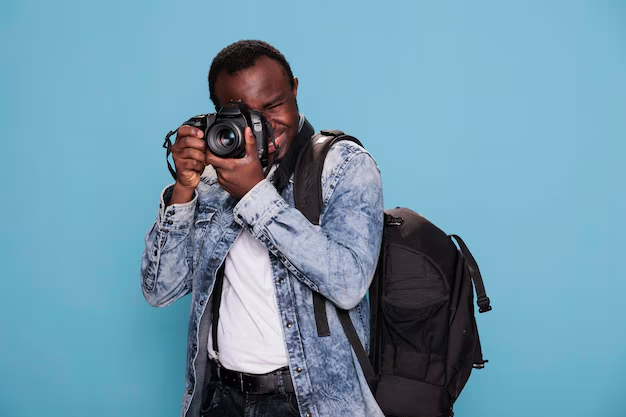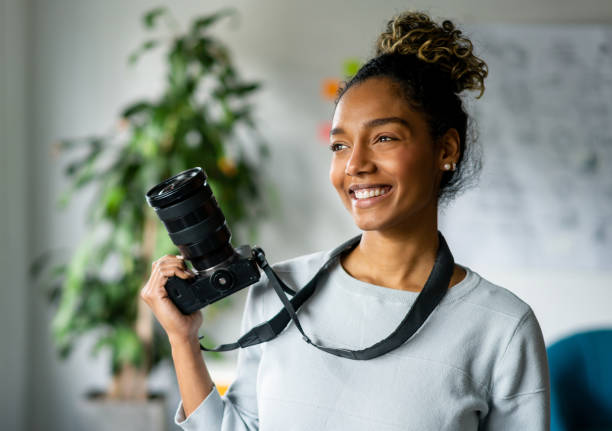Professional Photograhy
Professional Photograhy

Course Overview
The Professional Photography course is designed to equip learners with both the technical knowledge and creative artistry needed to produce high-quality, impactful photographs. From mastering camera settings and lighting techniques to post-production editing and portfolio creation, this program prepares students to become skilled photographers in industries such as media, advertising, events, fashion, and digital content creation.
Course Objective
By the end of this course, learners will be able to:
Understand and operate different types of cameras and lenses.
Apply key photography principles like exposure, composition, and focus.
Use both natural and studio lighting effectively.
Edit and retouch photos using tools like Adobe Photoshop and Lightroom.
Capture portraits, events, and product photos professionally.
Build a visually appealing photography portfolio.
Understand the business side of photography — pricing, branding, and client relations.

Who Should Enroll?
This course is ideal for:
Beginners and enthusiasts who want to become professional photographers.
Content creators, vloggers, and social media managers.
Individuals pursuing careers in advertising, media, and fashion.
Freelancers looking to improve their photography and editing skills.
Course Modules
1. Introduction to Photography
Understanding photography as an art and profession
Exploring different genres of photography (portrait, product, event, landscape, etc.)
2. Camera and Equipment Basics
Camera types, lenses, and accessories
Mastering exposure: ISO, aperture, and shutter speed
3. Lighting and Composition
Using natural and artificial lighting
Composition rules and creative framing techniques
4. Specialized Photography
Event and wedding photography
Portrait and studio photography
Product and fashion photography
5. Photo Editing and Retouching
Introduction to Adobe Lightroom and Photoshop
Color correction, cropping, and digital enhancement
6. Portfolio and Branding
Building a professional photography portfolio
Presenting and marketing your work online
7. Business of Photography
Client relations, pricing, and contracts
Promoting your brand and services as a freelance photographer
Learning Methods
Practical photography sessions (indoor & outdoor)
Hands-on editing workshops
Group critiques and creative projects
Real-world assignments and portfolio reviews
Assessment & Certification
Photo assignments and project submissions
Editing and retouching tests
Final portfolio presentation and evaluation
Successful participants earn a Certificate in Professional Photography
Career Opportunities
Graduates can work as:
Professional or Freelance Photographers
Media and Advertising Photographers
Event and Wedding Photographers
Product and Fashion Photographers
Photo Editors and Content Creators
With experience, learners can also advance into Cinematography, Photojournalism, and Creative Direction roles.
Duration & Requirements
Duration: 3 – 6 months (depending on program format)
Requirements: Basic computer skills and access to a digital camera (DSLR or mirrorless preferred). Creativity and a passion for visual storytelling are essential.

